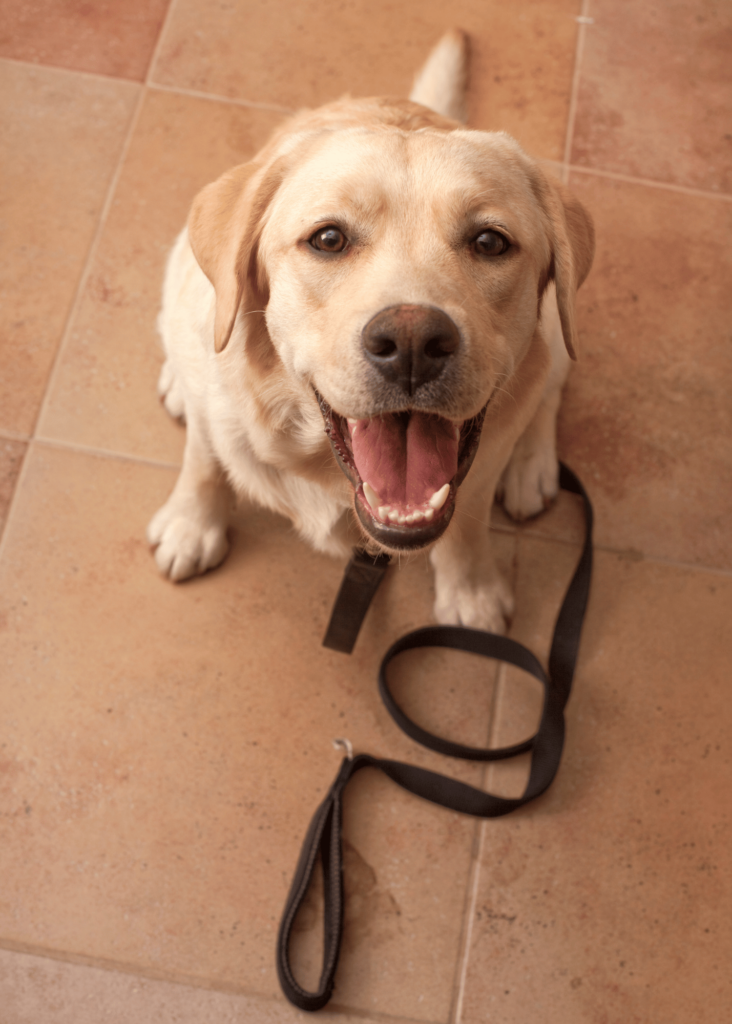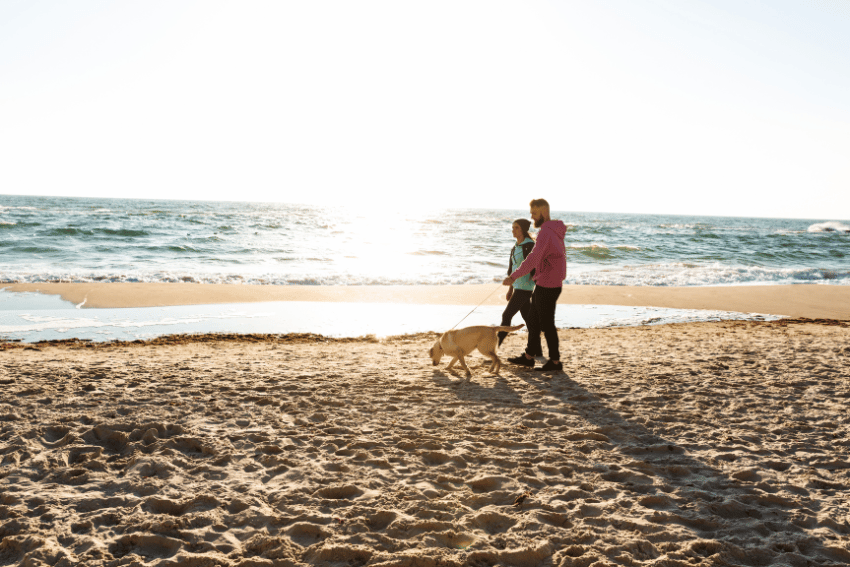Trauma can feel isolating, like you’re carrying a heavy weight that no one else can see. But sometimes, the best kind of support doesn’t come from people—it comes from animals. Pets have a way of making us feel safe and grounded, and there’s real science behind how they help us heal.
How Animals Bring Comfort
Pets Soothe Your Anxiety
Have you ever placed your hand on a dog’s side as they slept, feeling the steady rise and fall of their breathing?
It’s almost like their calm becomes your calm. This soothing effect isn’t just in your head—research shows that interacting with animals lowers levels of cortisol, the stress hormone that makes your heart race and your thoughts spiral.
At the same time, your brain releases oxytocin, the “feel-good” hormone, which helps you feel connected and relaxed. Whether it’s a purring cat on your lap or a dog leaning against your leg, these small moments can create big changes in how your body handles stress.
Pets Help You Feel Safe
For people recovering from trauma, trust can be hard to rebuild. Pets, though, offer unconditional love. They don’t care about your past, and they don’t judge. Instead, they provide a sense of safety that’s often missing after difficult experiences.
Pets Give You a Purpose and a reason to maintain routine

Sometimes, just having a reason to get up in the morning makes all the difference. Whether it’s feeding your guinea pig, taking your dog for a walk, or changing the water in your cat’s bowl, caring for an animal reminds you that you matter. That responsibility, no matter how small, can be a lifeline on hard days.
Why One-on-One Outings Are Ideal for Healing
Big group activities can feel overwhelming, especially if you’re still navigating the effects of trauma. Crowds, loud noises, and unpredictability can trigger anxiety, making recovery even harder.

This is why one-on-one outings are often the best choice. A quiet stroll with your dog or a slow-paced visit to the park with a support worker allows you to enjoy the moment without feeling overwhelmed. The focus is on creating a calm, personalized experience where you feel in control.
What Science Tells Us
There’s a growing body of evidence that backs up the healing power of animal companionship. A 2019 study in Frontiers in Psychology found that spending just 10 minutes with a dog significantly reduced anxiety levels. Similarly, walking in nature—especially with a trusted companion like a pet—has been shown to lower symptoms of depression and boost overall mental health.

These findings show why combining animal companionship with supportive outings can be so effective. Whether it’s feeling the warmth of a dog resting against you or taking a peaceful walk with your pet, these moments help rebuild a sense of calm and connection.
Finding the Right Support

When you’re on a healing journey, having the right support can make all the difference—for both you and your pet. PetCloud’s NDIS Social and Recreation Support is designed to create safe, one-on-one experiences that promote recovery through the bond between people and animals.
If you’re looking for a way to reconnect with the world, start with a paw by your side. 🐾
